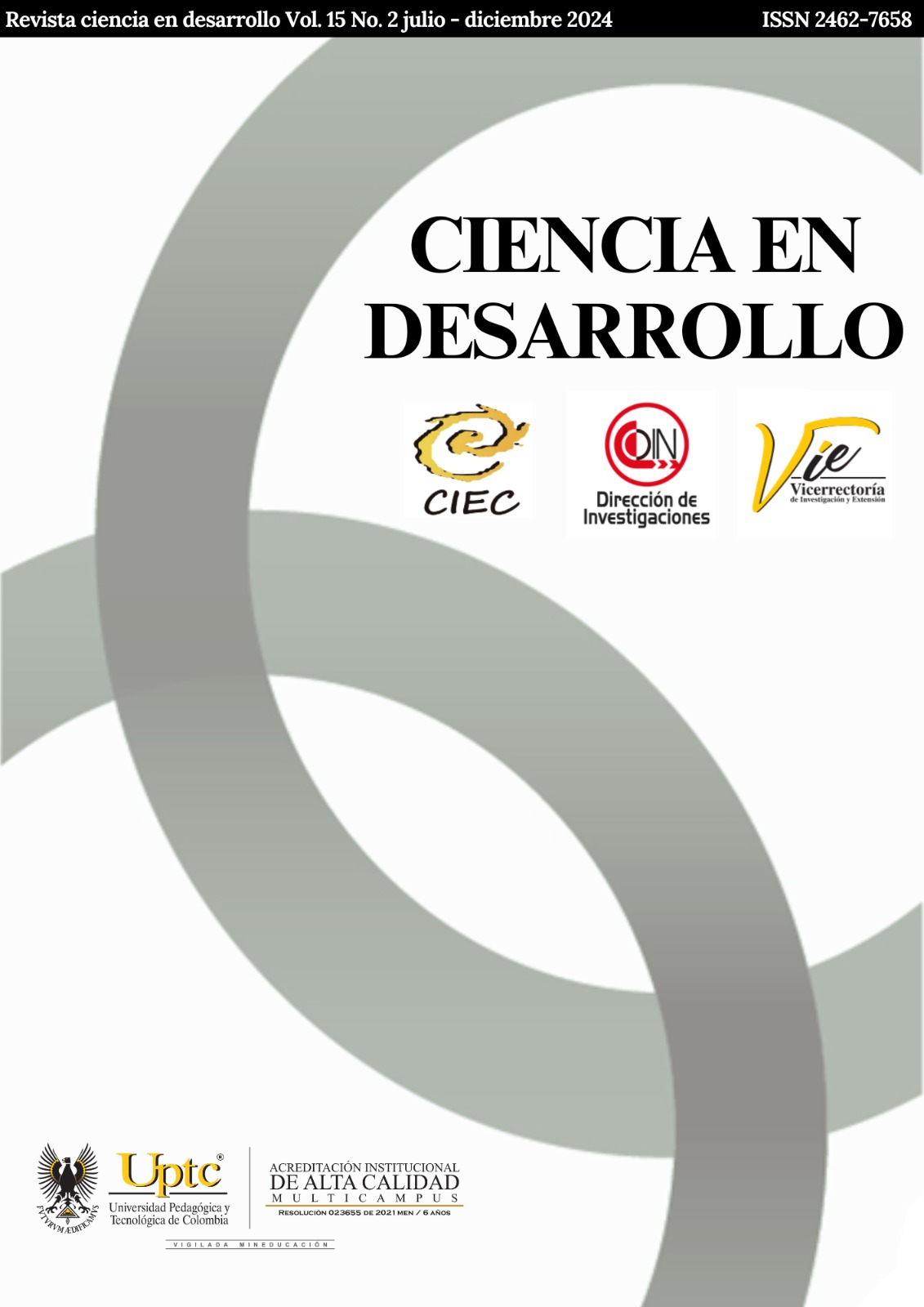Teaching One-Way analysis of variance using country map puzzles

Abstract
The teaching of single-factor experimental design is crucial for future professionals. Typically, instructors deliver lectures and assign exercises without exploring more engaging didactic methodologies. This research introduces a novel approach: students learn by playing with a puzzle of a country map. They must assemble one of two puzzles: one with department names and one without names. The variable of interest is the time it takes to complete the puzzle. Additionally, a Shiny application is proposed for data logging and analysis. In an experiment involving 25 students, evidence was found that completion time is shorter when the puzzle includes department names. In summary, this innovative methodology aids students in understanding experimental design in the classroom.
Keywords
Experimental design, analysis of variance, active learning.
References
- J.-M. Campillo-Ferrer, P. Miralles-Martínez, and R. Sánchez-Ibáñez. Gamification in higher education: Impact on student motivation and the acquisition of social and civic key competencies. Sustainability, 12(12), 2020.
- W. Chang, J. Cheng, J. Allaire, C. Sievert, B. Schloerke, Y. Xie, J. Allen, J. McPherson, A. Dipert, and B. Borges. shiny: Web Application Framework for R, 2022. URL https://CRAN.R-project.org/package=shiny. R package version 1.7.3.
- D. Johnson. An intuitive approach to teaching analysis of variance. Teaching of Psychology, 16(2):67–68, 1989.
- L. Lesser and L. Melgoza. Simple numbers: Anova example of facilitating student learning in statistics. Teaching Statistics, 29:102–105,
- G. A. Mangiero, A. Qayyum, and C. J. Cante. Teaching statistics – a dynamic excel approach. Journal of Education for Business, 97 (7):439–444, 2022. doi: 10.1080/08832323. 2021.1974815. URL https://doi.org/10.1080/08832323.2021.1974815.
- E. J. Medina-Hernández, J. L. Muñiz, D. S. Guzmán-Aguiar, and A. Holguín-Higuita. Recursos y estrategias para la enseñanza de la
- estadística y la analítica de datos en la educación superior. Formación superior universitaria, 15:61 – 68, 06 2022. ISSN 0718-5006. URL http://www.scielo.cl/scielo.php?script=sci_arttext&pid=S0718-50062022000300061&nrm=iso.
- D. Montgomery. Design and Analysis of Experiments. Student solutions manual. John Wiley &
- Sons, 2008. ISBN 9780470128664. URL http://books.google.de/books?id=kMMJAm5bD34C.
- V. Riquelme. Enseñanza de la estadística inferencial mediante una aplicación móvil.
- Revista Latinoamericana de Investigación en Matemática Educativa, 23, 05 2021. URL
- https://www.scielo.org.mx/scielo.php?script=sci_arttext&pid=S1665-24362020000200233#B13.
- F. Zhao, L. Schützler, O. Christ, and R. Gaschler. Learning statistics with interactive pictures using r shiny: Generally preferred, but not generally advantageous. Teaching Statistics, 45(2):106–124, 2023. doi: https://doi.org/10.1111/test.12324. URL https://onlinelibrary.wiley.com/doi/abs/10.1111/test.12324.